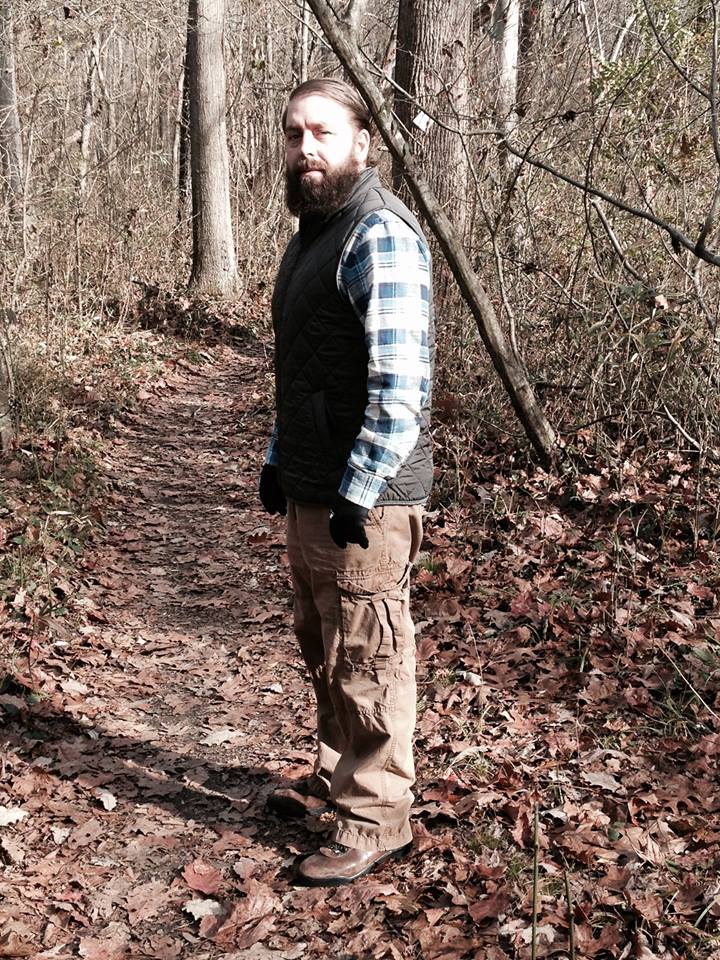Sleeping Beauty
by Paul Crenshaw
A post in our Milestones series from past contributor Paul Crenshaw.
When my daughters watched Disney I always wondered how long Sleeping Beauty slept. How many days did those inside the castle worry, dry-washing their hands, before going on with their lives? Did they mark milestones, like how high the thorns had grown around the castle, or how deep the dust had settled on the stone floors? What did they use to distinguish their days when all the days were the same?
“It seems only yesterday the thorns were barely fifteen feet high,” some castle docent declares, making her way through the layers of dust, for certainly the castle is too big to clean. She stands looking down on Sleeping Beauty and remembering when she had only slept for a year, then only two, and the castle still seemed young and the girl might wake from the evil spell. The thorns were only a few feet high and the dust hardly covered anything at all and the woman who watched over Sleeping Beauty had to make up her own milestones: six summers or seven winters or eleven autumns.
And when Sleeping Beauty wakes, will she always wonder at the years that went by? Will she mark each day from the awakening, or only remember it fondly, as if her life began again? Will each moment be a remembrance of what she missed, or will she go forth without ever looking back, and the sleep itself fade away as if it were only a bad dream?
We’re always making up milestones as we go: graduation, marriage, a child come crying into the world. First words, first haircut, first house, all of which we clip and capture and catalogue so we can look back on later and say “There. We did that. That was us, and remember how it was?”
But let me venture that the most important milestones are the mundane. Waking every morning is a milestone I would not yet trade for all the others (there may come a day, but it is not this one.) The routine of writing words is another, even though I use the same ones over and over. I sit in the same space and hit the same keys and watch the same words come up, but there is something magical in the way they pile upon one another, and every sentence becomes a scene, every paragraph a promontory.
When we were kids we were always counting down: how long until birthdays or Christmases, the end of school, the end of the year. Each day we’d mark off the calendar and after it was over we could never recall it. I don’t mean remember, I mean recall, as in call it back into being, never knowing how much we’d miss it. All milestones are endings. Afterward, it is as if those days never existed, at least not in the present. The thorns are too high. They have enclosed the castle, and all we can recall are vague images, like a dream of a dream. So I find myself trying, each morning, to blow breath back into those days. To revisit milestones like high school or my military service. My daughter’s first steps. My grandfather’s last.
But there’s never enough time to carve our way through all the thorns. Which makes me wonder why we try to at all. I can only assume it’s because at some point milestones become markers like stones that weigh us down, or the miles we’ve walked through this world, the same way we outgrew Christmas gifts and stopped seeing birthdays as beneficial except to tell us we made it once more around the sun. We look back with longing, trying to remember why we were in such a hurry to say our first words or take our first steps, why we were so quick to slash through each day. As if, after all, there is some lesson to be learned. As if we could call them back. As if we are not ready for the final sleep.
 Paul Crenshaw's work has appeared or is forthcoming in Best American Essays, Best American Nonrequired Reading, The Pushcart Prize Anthology, Brevity, Ecotone, North American Review, and Glimmer Train, among others.
Paul Crenshaw's work has appeared or is forthcoming in Best American Essays, Best American Nonrequired Reading, The Pushcart Prize Anthology, Brevity, Ecotone, North American Review, and Glimmer Train, among others.
